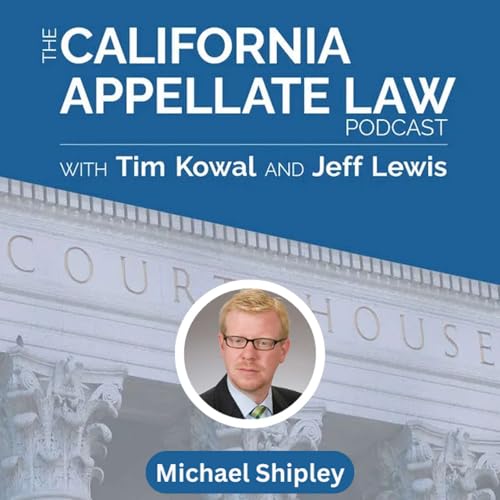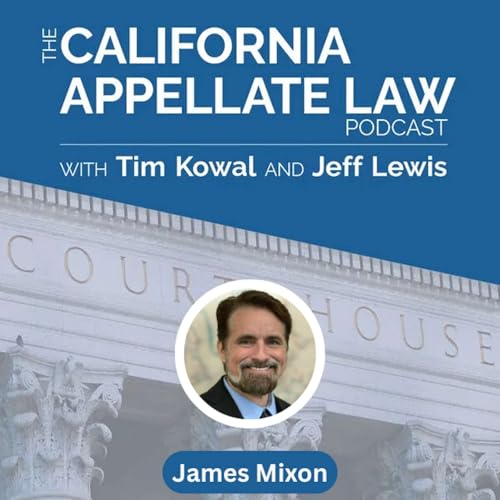Is your AI training data biased? And is using AI-generated reasoning plagiarism?
James Mixon, Managing Attorney at California's Second District Court of Appeal, covers troubling topics on how lawyers should, and should not, use AI. In this second part of Tim and Jeff’s conversation, James discusses how we can detect and counteract bias baked into training data. And what happens when trial judges unknowingly sign orders containing fabricated cases?
Key points:
- Legal reasoning isn't “creative” work—it's problem-solving: When we use words to solve problems, it should not be considered “plagiarism.”
- Bias detection requires active testing: AI models trained on historical data replicate past discrimination, particularly in employment, housing, and finance cases. James suggests an interesting experiment to try in your next research prompt.
- Alternative dispute resolution raises new questions: California bill Umberg 643 bars using AI for arbitration decision-making, reflecting concern that people signing arbitration agreements assume human decision-makers. If contracts explicitly state "AI dispute resolution," that might be acceptable—but not if buried in fine print.
- When should you disclose your AI use? Depends on where the use falls on a spectrum of “organization” and “discretion/judgment.”
- Trial court orders present a growing risk: Judges should strip proposed orders down to essentials: parties, motion, ruling, hearing date.
- AI lacks "ethos"—for now: AI currently can't replicate the credibility and reputation that make people trust human experts. This may change as AI systems develop track records, but for now, judicial decision-making requires the human judgment that builds public confidence in courts.
- Looking backward creates civil rights risks: AI trained on historical data is inherently conservative. Some models predicted Brown v. Board of Education would be affirmed based on precedent—a stark reminder that purely probabilistic decision-making can't account for moral progress.
What AI uses do you find most attractive—and the most troubling?
Disclaimer: The views expressed by our guest, James Mixon, are his own and do not reflect the official position of the California Court of Appeal or the California Judicial Branch. AI technology and legal standards are rapidly evolving, listeners should verify current rules and consult qualified attorneys before implementing AI tools in their practice. Attorneys must independently verify all legal citations and comply with applicable rules of professional conduct.
 30 m
30 m 37 m
37 m 28 m
28 m 37 m
37 m Jan 20 202626 m
Jan 20 202626 m Jan 7 202635 m
Jan 7 202635 m 27 m
27 m Dec 19 202532 m
Dec 19 202532 m
